It's common for vehicles to be noisy. However, car owners know what's normal and not. Sometimes, it's a gut feeling, or the apparent increase in decibel. So, your car is louder than usual and you found the source of the problem but don't know what's next. We researched the solution for you.
Noises are the most common, noticeable sign something's wrong with your car. You can quickly fix some issues with cleaning and DIY, while others require professional help. Here are reasons and solutions for your car when it's louder than usual.
- Worn Out Engine Bearings- you must change the faulty parts.
- Damaged and Leaking Exhaust System- seek a mechanic for assistance.
- Running Low on Engine Oil- refill as needed.
- Old Torque Converter- have it professionally inspected and repaired.
- Faulty Muffler- it needs replacing.
- Valvetrain-related issue- check oil type or have filters changed.
- Tire Problems- have a regular tire inspection.
If you have experienced this problem, chances are, you still have some questions. Keep reading this article as we further explain the answer above and tackle other related topics.
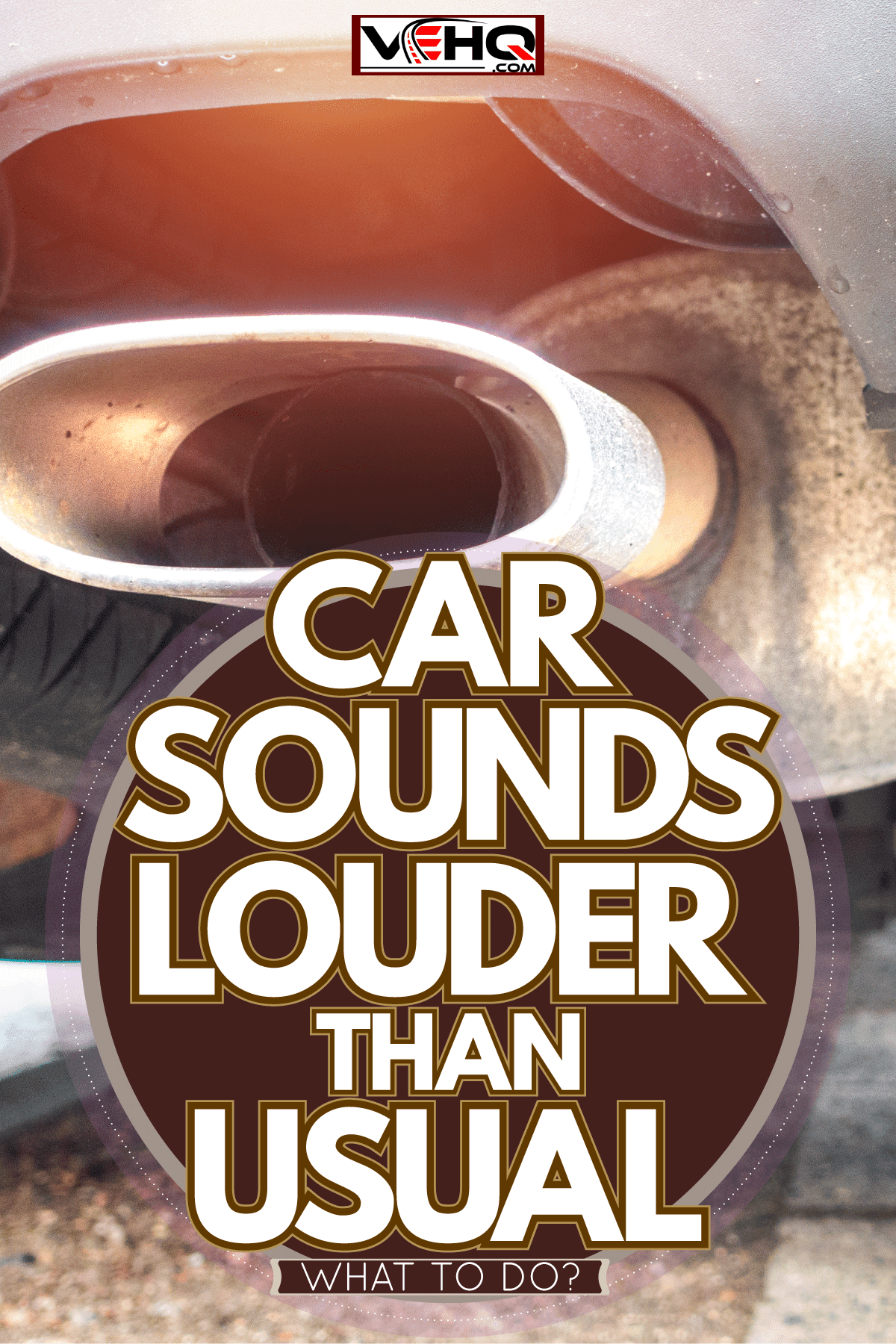
Causes and Solutions Of Loud Car Noises
Worn out Engine Bearings
A failing bearing will cause your engine to run loudly. The most distinct sound is constant knocking under the hood. You must treat this issue urgently as it can cause your engine to break down entirely if left unattended.
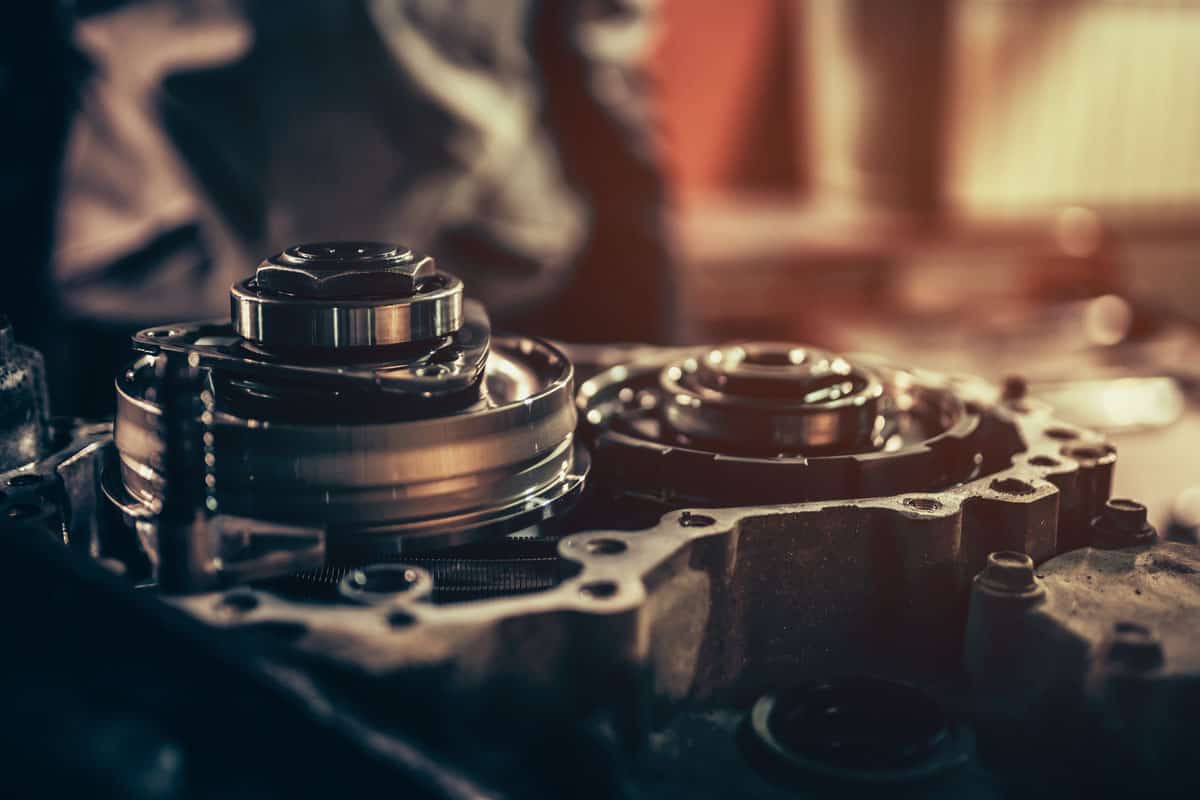
Although you can quickly fix it with parts replacement, we recommend having it professionally diagnosed to fix possible underlying issues.
Damaged and Leaking Exhaust System
When you hear noises coming from the back-end, especially a loud sputter or rumble along with the Check Engine light showing up, there's probably damage to your exhaust system. The noise is most noticeable when accelerating, so deal with it promptly.
You should not take leaking exhaust lightly as it is dangerous to your health. It is extremely hot, capable of melting plastic, and there's a high possibility of carbon monoxide poisoning if it seeps into the car interior.
Also, it can further damage your car by causing it to lose power, mileage, and engine control.
We suggest leaving the repair to the professionals for safety reasons and proper handling. This way, you can ensure that it has received a thorough checkup and repairs, since exhaust issues can be complicated.
Running Low on Engine Oil.
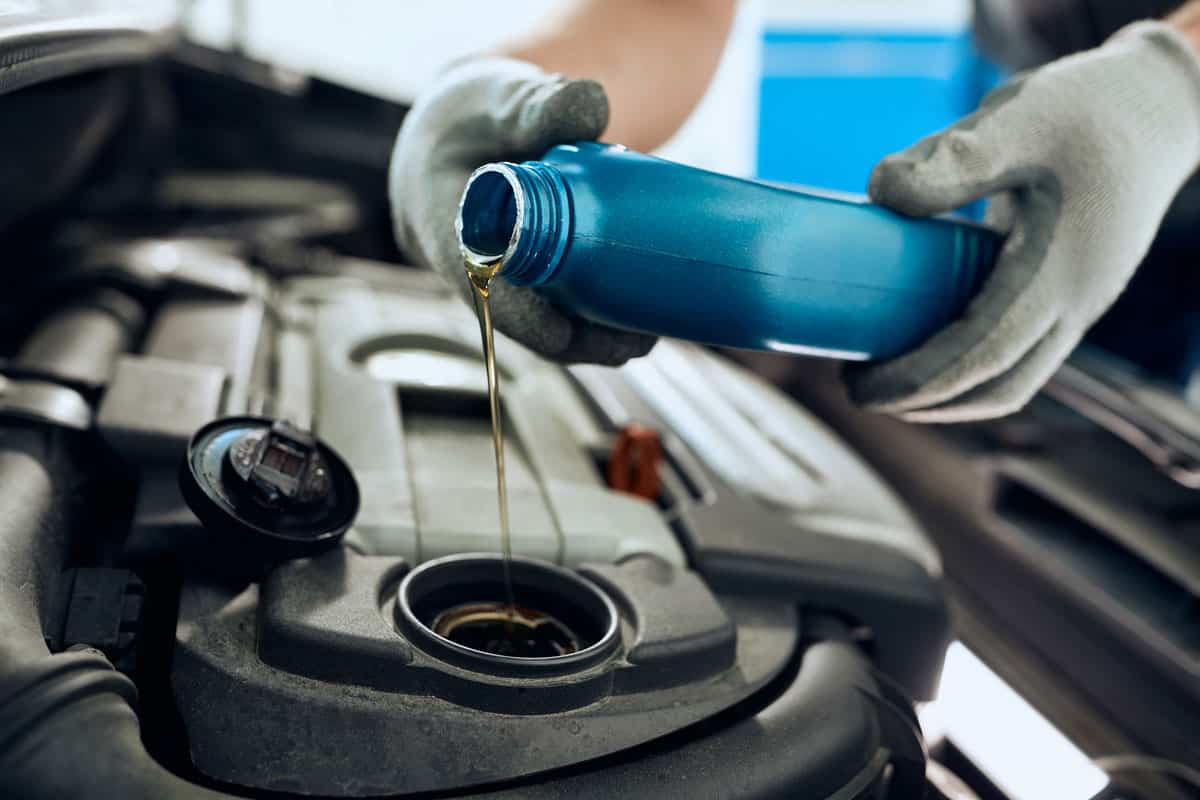
Another reason your car might be louder than usual is because of insufficient engine oil. If this is a problem, you'll hear rubbing and grinding noises.
For new vehicle models, check the sensors of the engine oil level monitor as this might not be working correctly. As for old cars, you will need to check them manually by dipping a measuring stick to ensure they reach the standard level.
Refill the engine oil as needed. However, if you notice that you're running low regularly and having to top up now and then, there might be a leak in your engine. Proceed to your car repair shop and have this fixed. Make sure to check if the engine oil is compatible with your engine. In Amazon, you can filter the results for the Engine Oil by vehicle.
Check out this Valvoline Advanced Motor Oil on Amazon!
Old Torque Converter
Old Torque Converter problems only occur in cars with automatic transmission. This can be the after-effects of continuous insufficient engine oil and a worn bearing. Loud grinding sounds while on gear are associated with this issue.
Unfortunately, unless you are well-versed with a car transmission, there's no DIY or workaround for this problem. Consult your mechanic for the needed repairs.
Faulty Muffler
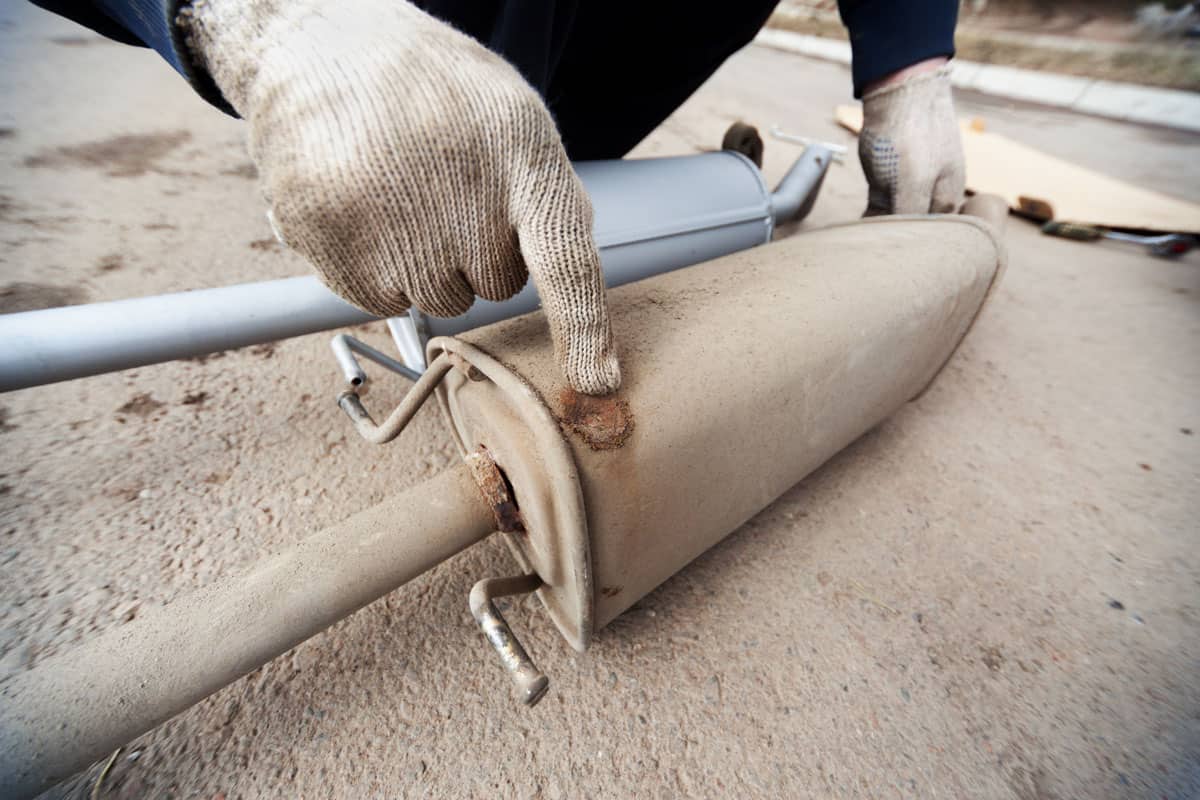
You can narrow down unusually loud noises on the front end of cars to muffler problems. Mufflers can get damaged easily because of exposure to various factors like weather and heat.
Holes and tears will affect the noise-reduction function of mufflers, resulting in disturbingly loud sounds.
You can either patch up and cover the holes and tears or replace the part completely. We suggest replacing it rather than mending it.
According to some owners, the holes and tears will eventually open up again and again, which will only cost you extra effort and money.
Valvetrain-related Issues
If you're living in a cold area or are experiencing a temperature drop, you may notice an increased volume of engine noises when starting your car.
This is because the oil is more viscous, which hinders the hydraulic lifters from moving the valves up and down. This sound is normal, and the noise will eventually fade away as the oil warms up.
Another way to reduce this problem is by changing the filter. Check if you're using the proper filter to ensure it's compatible, and buy directly from the manufacturer or accredited stores.
Tire Problems
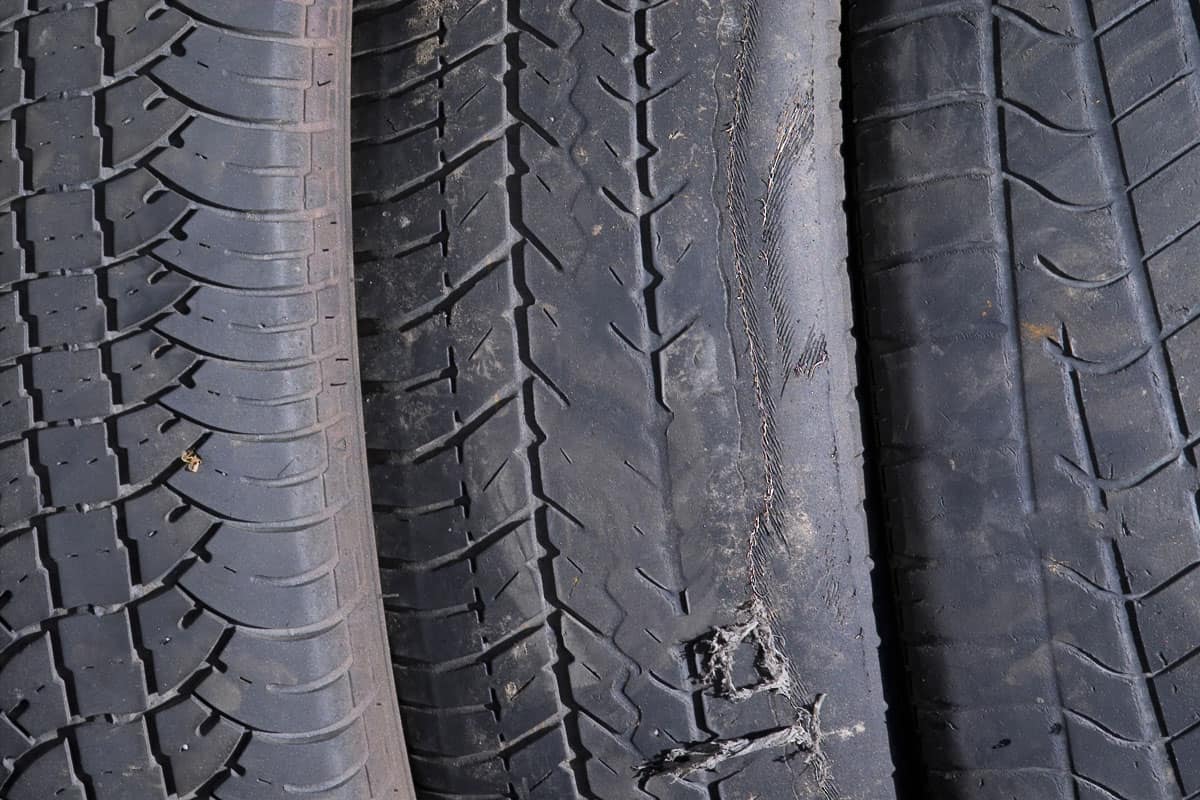
Several factors can contribute to why your tires are the culprit behind unusual loud noises.
- Too much cargo
- Low Tire Pressure
- Worn Out Tires
Tires can last a long time, but they will eventually wear down. Regularly check the wheels for any problem. Invest in quality tires and never patch holes or mend punctured tires, as this is unsafe.
Frequently Asked Questions
Is It Safe To Drive With Broken Mufflers?
It's not wise to drive vehicles with known faulty and damaged parts. Aside from being road unworthy, you're endangering yourself, your passengers, and others. To further support this answer, listed below are other reasons this is unsafe.
- Environmental damage- increase in toxic emissions.
- Distracting noise- some states penalize owners driving with a broken muffler.
- Increase in gas expenses- increase in emission means an increase in consumed gas.
- Toxic exhaust- carbon monoxide is a health hazard that can cause loss of consciousness.
- Terrible Smell- exhaust is unpleasing to smell and causes nausea or other illness when inhaled.
Is It Safe To Drive With a Loud Engine?
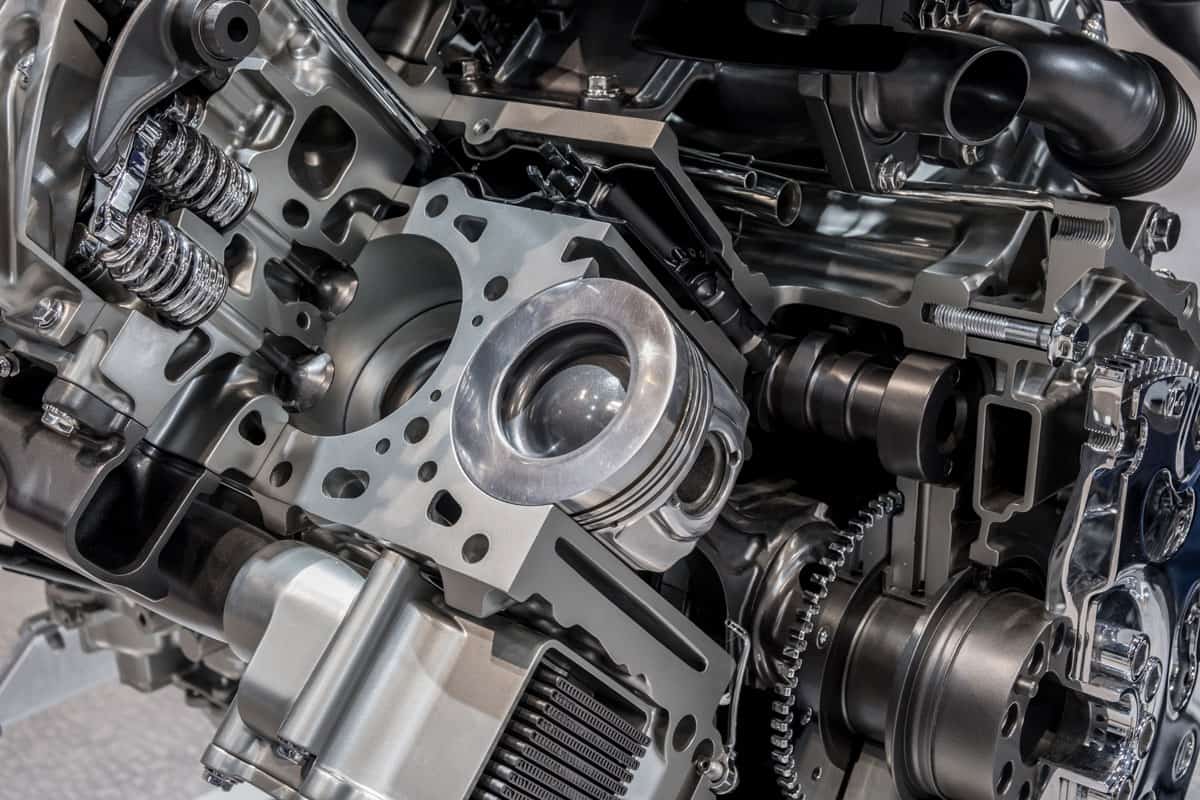
A loud engine usually hints at an issue with your exhaust system. Like a broken muffler, a damaged exhaust system carries the risk of toxic fumes entering the cabin.
Once you have noticed any engine noises, park the car to the side. Then, ask for towing assistance to prevent further vehicle damage and for your safety.
How Loud Can An Exhaust Be?
The limitation on exhaust noise varies depending on the state. It is essential that you familiarize yourself with the laws and regulations to avoid penalization.
Remember that these rules may also change without prior notice. So, this is why you need to confirm with state officials and workers for any updates.
What Is The Average Noise Level Of A Car?
Based on the research and answers from The Acoustical Society of America, the average decibel of passenger cars is 8.5 dB, 9dB for busses and trucks, 7dB for trailers, and 12 dB for motorcycles.
Why Is My Muffler So Noisy All Of A Sudden?
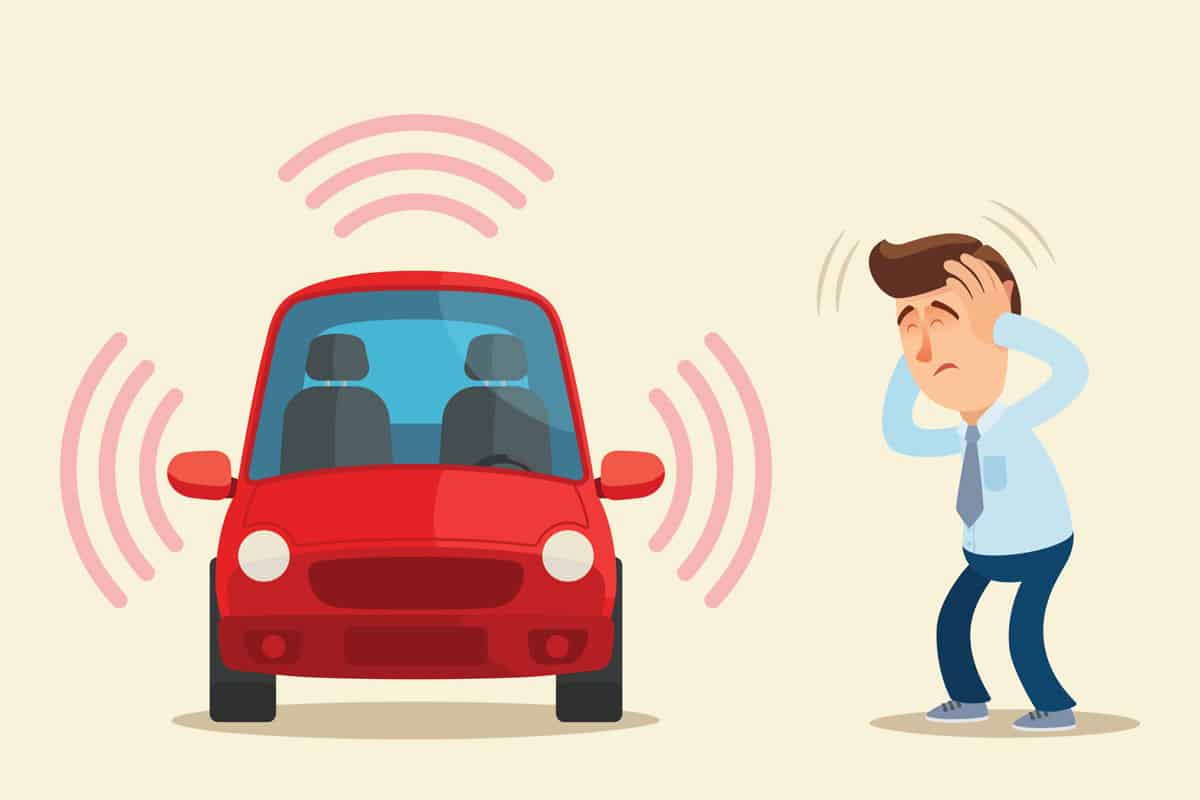
Everything is going well, and you're enjoying the ride, but suddenly, you hear your muffler making unnecessary noises.
You may have hit something that caused your muffler to get damaged. Or, holes and tears in your muffler have already worsened over time and finally caved in.
How Do You Fix Loud Exhaust?
As previously mentioned, the best way to fix a broken exhaust is by having it professionally repaired or replaced.
But if you need a quick fix, you may use exhaust paste, special heat-resistant glue, and bandages. This is only a temporary fix that will last for a day or two, but it eventually gives out.
Check out the Holts Gun Gum Paste on Amazon!
Who Should I Call For Car Repairs?
You may have noticed that some of the issues stated require a mechanic or professional to solve the problem. You might want to check Mechanicar.com to check available car repair and automotive shops around your area.
Conclusion:
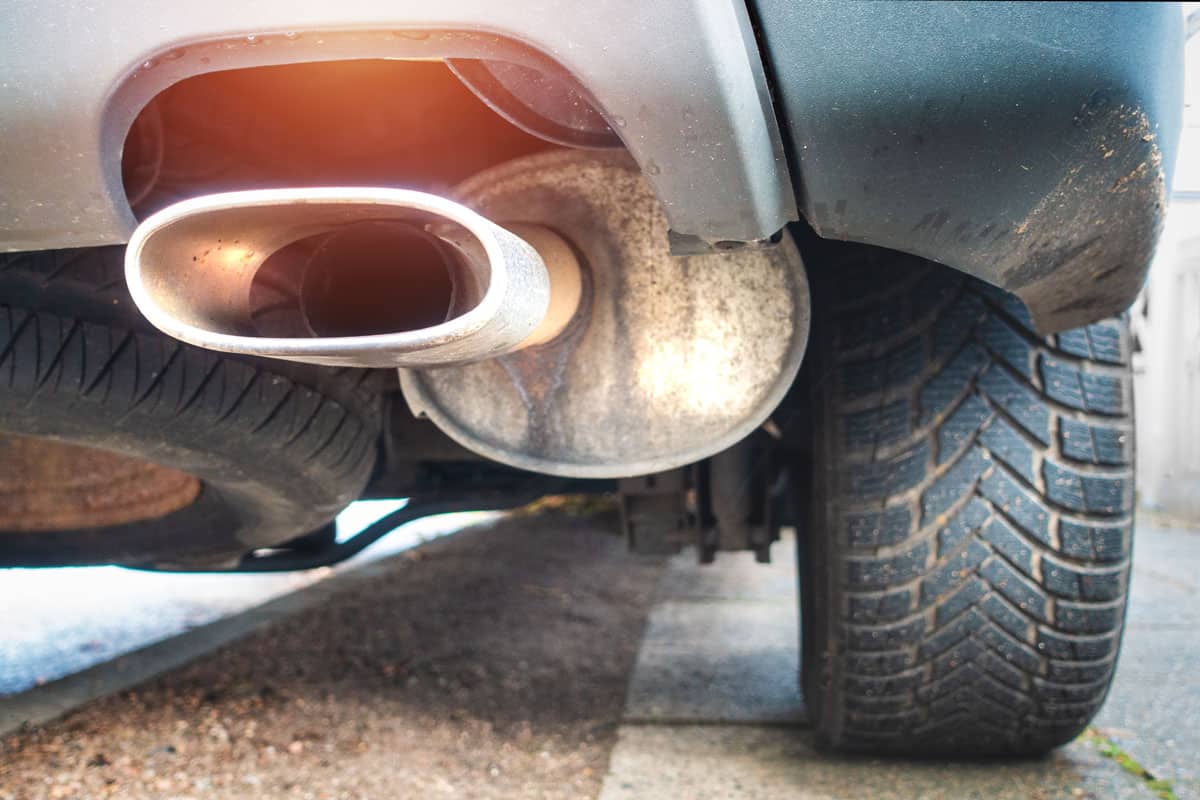
Remember that parts will need replacing at some point due to wear and tear. You may spend an extra few bucks for new parts, but this is better than using patched-up parts, which are always at risk of failing.
Don't overlook any issue to prevent further damage and lessen the cost of repairs. Always ensure that your vehicle is roadworthy.
To learn more about car-related noise issues, check out these articles, which can help address some of your concerns and inquiries:
Low Rumbling Sound When Braking – What To Do?
Loud Popping Noise From Rear Of Car—What Could Be Wrong?
Hissing Noise From Car But Stops When Braking – What Could Be Wrong?


